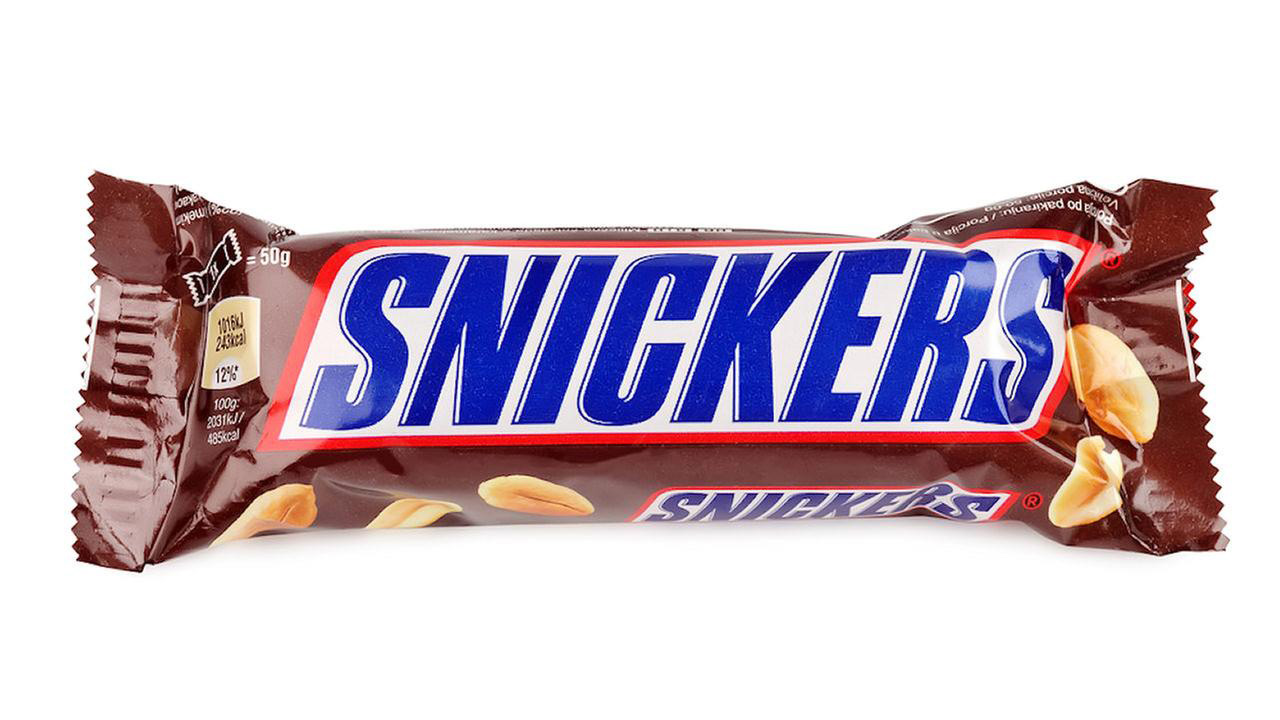Writing “It’s beautiful but…” means you’re stupid.
Other fields don’t put up with this shit. “Delicious” is no joke: in the 17th century the Dutch and Portuguese went to war over it (Spice War: 1602 to 1663, ended with the Treaty of the Hague). No matter how high-mindedly Buddhist and past the sensual you’ve evolved, you wouldn’t trust a food critic who uses the same word on a 5-star tiramisu as on a Snickers bar. “Delicious” means something and things aren’t casually beautiful.
I mean of course once in awhile they are—and sometimes it rains in LA. But any scientist of beauty who sorts what’s achieved by the terrifying sleek curves of Dan masks, by the chi rho page of the Lindisfarne Gospels, by Lee Bontecou’s Untitled 1964, by Billingham’s Ray’s a Laugh photos, or by Finelli’s portrait bust of Scipione Borghese as a triviality or a speed bump on the way to discussing some actual point, or really as anything less than at least a little bit emotionally annihilating isn’t understanding the subject.
By and large the terrible and life-wrecking point of beauty is it’s radically and ecstatically Other than what you see every day.
Unfortunately, in search of a guise with which it can marry it profitably off to parts of the entertainment-philanthropy-complex, beauty’s parents have consistently tried to dress it as one of its siblings—one of the ones with all the extracurricular activities and a history of service to the community: Wisdom, Insight, Education, Wokeness.
But no, the sad truth is: beauty is a slut and nothing else. It will fuck you up and it will not stick around to scrub your floors, balance your checkbook, or raise your kids.
This isn’t news—Baudelaire said it in Fleurs Du Mal, which everyone pretending they know more about beauty than anyone else should have already read.
Which is not to say I’m not a fan: Beauty is not virtue, but it has a virtue. It is the only kind of power that power can’t monopolize. As long as paint stays cheap poor people will be more likely to make beautiful paintings than rich ones.
Power hates that. That’s why it launched a multi-century propaganda campaign to pretend the production of beauty required expensive materials, technology or education. Consider that Snickers: anyone near a decent supermarket with a recipe, a free afternoon and a fridge can produce a pan full of homemade tiramisu that’ll taste better and last longer than a Snickers, but only power and its factory full of machines can make that $1.99 candy bar: it’s so regular, so smooth, its candy shell is so hard, and it’s so efficiently packaged. Power would like very much for you to mistake these gestures of conspicuous mechanization for deliciousness: wouldn’t you like to forget about how things taste? Wouldn’t it be nice if “good” just meant “the things power is good at”? What’s shocking isn’t that power would do this (it would do anything) it’s how many people in the art world (supposedly beauty’s safehouse) bought into it.
So often the objects accused of beauty are just: everyday textures or colored lights, more or less continuous or perhaps with one tea-stainy blemish, blown up to about 10-feet-wide by-, or repeated in endless mass produced iterations via-, a vast outlay of money. The sculptural, painterly or videographic equivalent of those walls of impeccably green trees that line every interstate from Charleston to Manitoba. Above all: uncomplicated. Not particularly absorbing exemplars of the human will-to-foresee, improvise or invent things. The same big dumb textured shapes the unimaginative rich have been forcing the uninvested poor to fabricate since time started.
Calling these things “beautiful but…” is a way a critic lets their audience know they aren’t a total philistine before going on to savage the narrative pretensions of some hapless neo-minimalist or alleged formalist: “yes, I know that this carefully curated hunk of surface was chosen for some visual quality it has conveying a sense of time or weight or phenomenological heft, but…”
And the murder here isn’t to the art (if someone this stupid thinks it’s beautiful it must be ugly) it’s to the word. Guys, we need that word: it describes the only experiences worth living for.
And I seriously don’t think they mean it: if the emotion gestured to by a “beautiful but…” critic when indicating bank-lobby decor was on the order of what I mean when I say “beautiful” they’d do nothing but crawl around their apartments all day peering through a magnifying glass staring very closely at chipped walls, tin containers and the sides of sofas. Oh look, another fantastic example of something blue and then, on the right, a little bluer…
And if they do mean it? They’re really boring.


